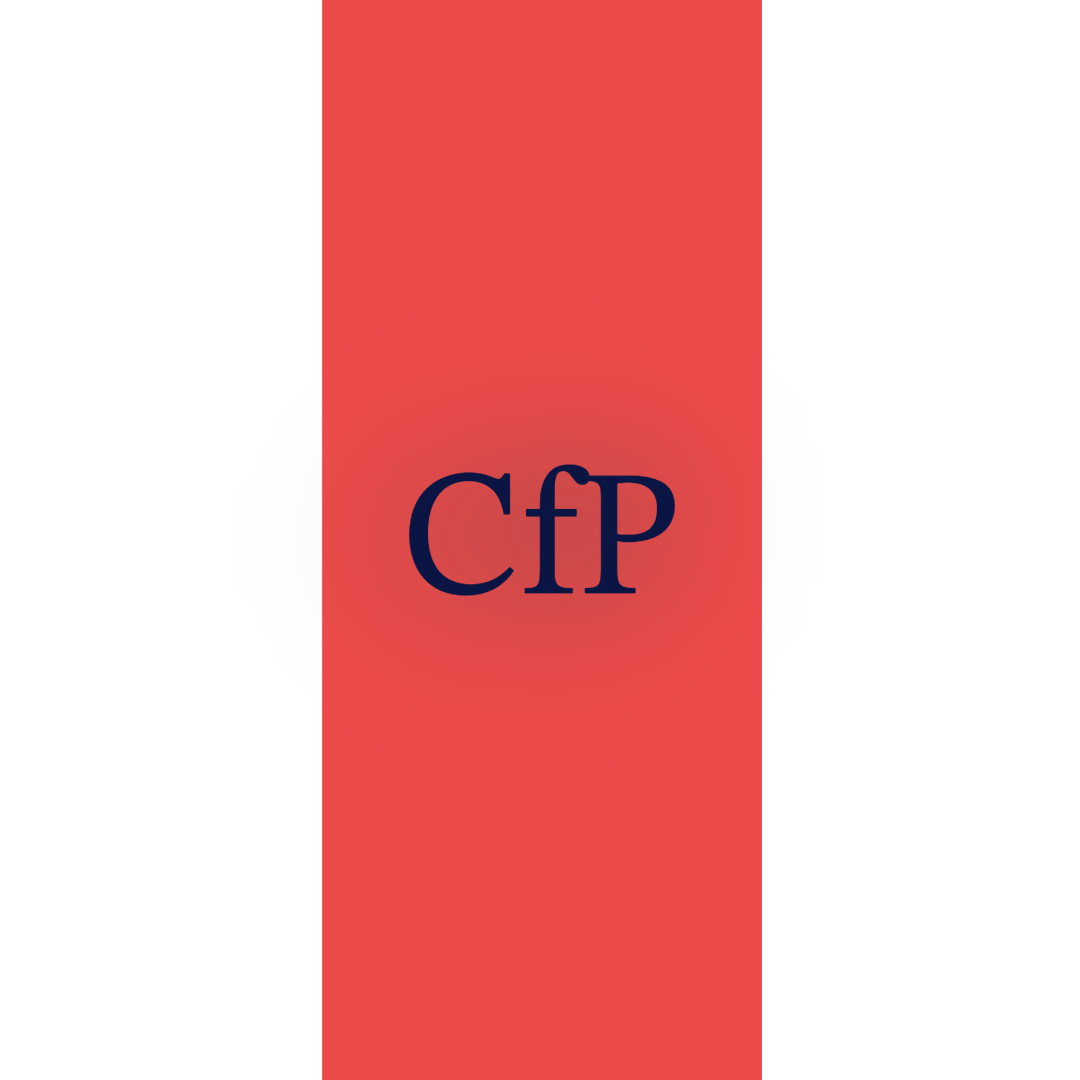Hailed by Margaret Talbot of The New Yorker as "the teen whisperer," John Green has arguably been one of the most influential YA authors of the twenty-first century. Yet Green was not an instant success. His debut novel, Looking for Alaska, sold only a few thousand copies – most of which, Green told Shannon Maughan in an interview for Publishers Weekly, were hand-sold. Despite garnering critical acclaim in the form of the 2006 Printz Award, Alaska did not become a bestseller until seven years after its 2005 publication.
In late 2006, Green launched a YouTube channel with his brother, Hank – a move that would prove instrumental in Green’s popularity both as a public figure and writer. The channel, named Vlogbrothers, provided a digital vessel for what should have been a year-long project in which the brothers would communicate with each other solely through YouTube videos of four minutes or less. Millions of subscribers, thousands of videos, four novels,[1] and one short story collection[2] later, Green was #79 on Forbes’ Celebrity Top 100 list for 2014 and was named as one of Time’s 100 Most Influential People in the World (along with figures such as President Barack Obama, Pope Francis, and Beyoncé) in the same year. In less than a decade, Green had become both a beloved online celebrity and bestselling YA author.
This special section of IJYAL will provide space to critically reflect on twenty years of John Green. How and why did Green become such a success? In what ways has his work influenced YA fiction? Given the release of his first adult non-fiction book, The Anthropocene Reviewed, in 2021 and the launch of his ‘Awesome Coffee Club’ coffee subscription service in 2022, is Green’s relationship with the world of YA changing?
The issue seeks papers from a global audience of scholars that draw on YA Studies and related disciplines to examine Green’s work across any area of YA literature, media, and culture. Topics may include (but are not limited to):
- Green’s role in the YA Renaissance of the late-2000s and mid-2010s
- The banning of Green’s books, particularly Looking for Alaska
- Recurring themes and/or tropes in Green’s work
- Film and TV adaptations of Green’s novels
- Green’s interaction with readers and fans across multiple platforms
- Green’s YouTube channel(s) and the Nerdfighter fandom
- Crash Course Literature and Green as an educator
- Green and philanthropy (including 'Awesome Coffee Club' and DFTBA)
- Green’s popularity and influence post-2014
Deadlines:
12th January 2024: Send your name, institution (if applicable), a 300-word abstract, five keywords, and a short biographical note to Dr Jennifer Gouck at
2nd August 2024: Submit full articles via IJYAL’s online portal to the "Reflecting on ‘The Teen Whisperer’: Twenty Years of John Green". Full details of IJYAL’s requirements and submission policy are available athttps://www.ijyal.ac.uk/about/submissions/.
Queries:
Queries about the content of the special section and your manuscript should be directed to Dr Jennifer Gouck at
Queries about the submission process should be directed to the Editorial Team at
[1] An Abundance of Katherines (2006); Paper Towns (2008); Will Grayson, Will Grayson (2010, with David Levithan); and The Fault in Our Stars (2012). Turtles All The Way Down would be published in 2017.
[2] Let It Snow (2008, with Maureen Johnson and Lauren Myracle)
[Quelle: Pressemitteilung]

